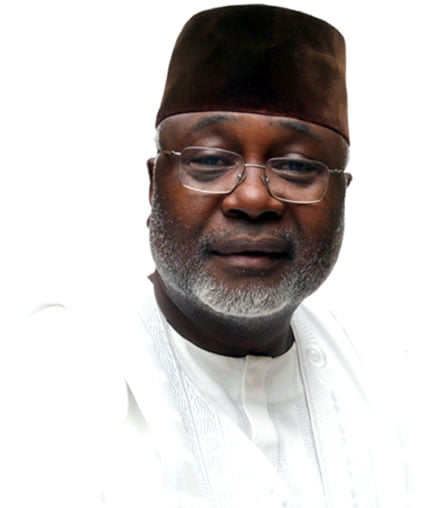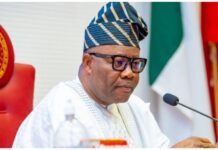President Bola Tinubu has, from a completely unexpected angle, offered something unifying of Nigerians. It is last Thursday’s Supreme Court ruling granting financial autonomy to the local government councils as a tier of government in the country. Hitherto, state governors have, for whatever reasons, pocketed local governments by manipulating the Joint Accounts Allocation Committee in their own favour. Although local government councils will still face the problems of human resources with the technical sophistication to play the game changer in development administration, the greatest hurdle hitherto has been the denial of even the minimum financial resources with which to do just anything. This is the background which gives the Supreme Court ruling the transformative potential Nigerians are, consciously and otherwise, celebrating in the massive, consensual reception for the judgement across the country.
With a little tinkering, local government councils should hopefully begin to define the development politics at the grassroots across Nigeria soon. If and when that happens, no one would be able to deny the Tinubu administration the credit for it. If the truth be told, the local government councils have been missing in Nigerian politics since 1979. Subsequently, the assumptions underpinning its insertion in the 1979 Constitution (as amended) as a layer of power have not materialised. The idea of local government councils headed by experienced politicians who can manage local conflicts, superintend development projects and make local government councils leadership recruitment grounds have substantially been lost.
It is against the above backgrounds that the president may consider further interventions to consolidate the Supreme Court ruling. The basis of my argument for further interventions is that if this regime makes Nigeria to gain the local government tier alone, it would have moved Nigeria forward a lot. Getting the local government councils going as the engine rooms of development across the country is thus worth personal presidential superintendence.
One area of such intervention must be on elections into the local government councils. At the moment, elections into the councils are conducted by State Independent Electoral Commission (SIEC). What we have seen so far is that the party in power in respective states end up winning all the local government councils in such a state in all such elections. That trend suggests a thick question mark, with particular reference to the democratic, developmental and leadership recruitment and training essences expected from that tier of government.
It is not clear to me how President Tinubu and his cabinet may precisely intervene but one option seems to recommend itself: transfer the conduct of elections into local government councils from State Independent Electoral Commission (SIEC) to the Independent National Electoral Commission (INEC). I probably do not need to say that whatever deficiencies one identifies with INEC, it will handle conduct of elections into local government councils better or with greater credibility. The foregone is to say that, as welcome as the Supreme Court ruling, there are additional conditions that will guarantee the autonomy of local governments as the third tier of government in Nigeria. One such condition is, in my view, the take over of the conduct of elections into the councils by INEC. A date should be set for this to take off throughout the country.
My second considered suggestion along which the president could intervene is the issue of the quality of persons who should be encouraged to seek chairmanship of local government councils. The rural roots of the generalised insecurity Nigeria has experienced in the past decade should compel us to rethink the age, experience and exposure of those who seek to be local government chairmen across Nigeria. One would think this country be better off if chairmen of local government councils are people with whom we can avoid the commoner situation today in which local government council chairmen are more of conflict parties than peace makers. Certainly, this category of people serving as local government chairmen across the land can become an unintended investment in national unity, given their large contacts throughout the country from previous exertions. One has in mind an Alhaji Shehu Shagari of blessed memory becoming a local government chief after being a federal operative at ministerial level and then back to president of Nigeria. My argument would have needed no further justification if Wole Soyinka had proceeded to contest councillorship in Ogun or Lagos State as he had wanted to.
The whole point about this piece is that the Supreme Court ruling presents an opportunity for the president, the All Progressives Congress (APC) and all democratic elements to pay more than passing attention to how to strengthen the third tier of government in Nigeria. It might take another generation to have a similar opportunity. In thinking about that tier, more and better ideas may come out from even strange quarters. It will all be for the good of Nigeria.




